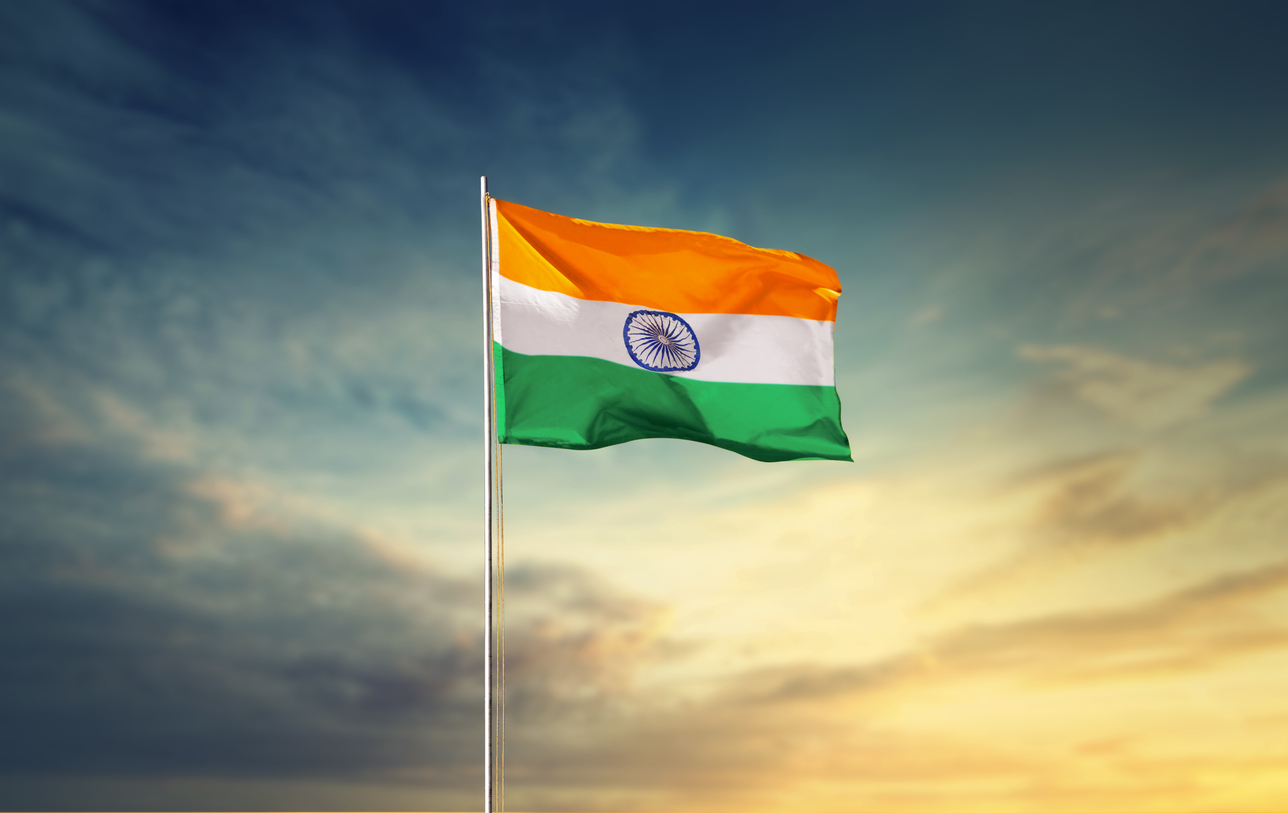
November 16, 2023
These nations represent 40% of the global economic output and contribute to 28% of global trade
Under the agreement, Indo-Pacific Framework for Prosperity (IPEF) partners aim to establish a framework to solve supply chain disruptions collectively
Member countries are expected to announce the completion of talks for the clean economy and fair economy pillars
To implement and oversee the agreement, the bloc will establish The IPEF Supply Chain Council

India and 13 other members of the Indo-Pacific Framework for Prosperity formally endorsed the Supply Chain Resilience Agreement, a pivotal aspect identified for enhanced economic collaboration among member nations.
The signing took place on the sidelines of the ministerial meeting in San Francisco, attended by the 14-member bloc. The framework includes Australia, Brunei Darussalam, Indonesia, Fiji, Japan, Korea, Malaysia, New Zealand, Philippines, Singapore, Thailand, the United States, and Vietnam.
Collectively, these nations represent 40% of the global economic output and contribute to 28% of global trade. During this significant event, Commerce and Industry Minister Piyush Goyal signed the supply chain agreement on behalf of India.
The Indo-Pacific Framework for Prosperity (IPEF), inaugurated in May 2022 by U.S. President Joe Biden, differs from traditional trade agreements as it encompasses four tracks: trade, supply chains, clean energy and infrastructure, and tax and anti-corruption. Members can abstain from participating in any of the four tracks.
While choosing not to engage in trade negotiations, India holds observer status in trade talks. The supply chain agreement aims to enhance the resilience, robustness, and integration of IPEF supply chains, as outlined in an official statement.
Negotiations for the supply chain agreement concluded on May 27 in Detroit this year. Member countries are expected to announce the completion of talks for the clean economy and fair economy pillars later this week.
Under the agreement, IPEF partners aim to establish a framework to collectively understand significant supply chain risks, improve crisis coordination and response to disruptions, facilitate cooperation, mobilise investments, and promote regulatory transparency in sectors critical to national security and public health. Member countries will identify the specific critical sectors.
To implement and oversee the agreement, the bloc will establish The IPEF Supply Chain Council, which will convene annually, and member nations will report on the implementation progress. The IPEF Supply Chain Crisis Response Network and The IPEF Labour Rights Advisory Board will also be established within the bloc.
Source: Financial Express